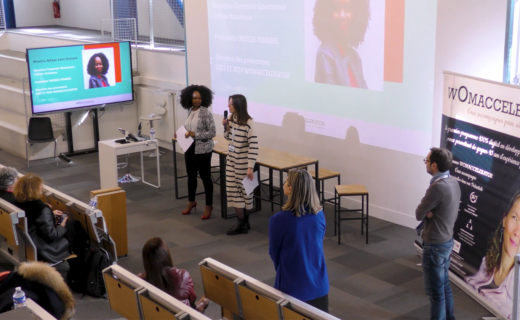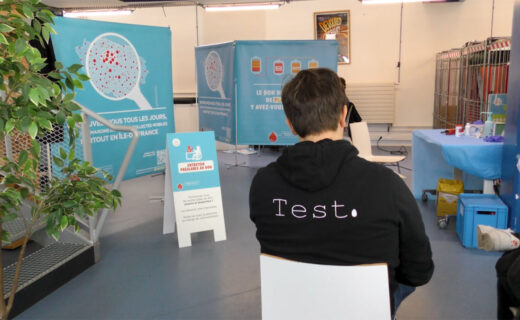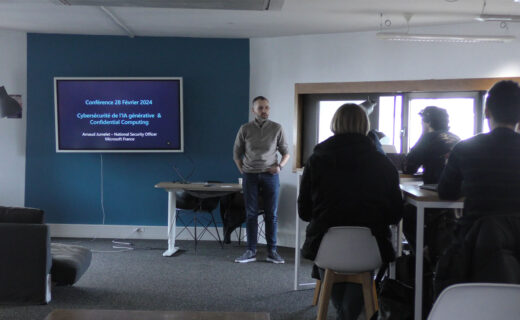
Suivez toute l’actualité d’Epitech
-

Promenade, le jeu crée par deux anciens d’Epitech
Holy Cap, un studio de jeux vidéo indépendant, a vu…
-

Joyeux anniversaire Epitech Bénin
Le premier campus Epitech en Afrique a 5 ans. Quand…
-

La Project Week 2024 avec l’EFS
1 annonceur, 4 écoles, 1 200 étudiants, 1 seul objectif…
-

L’inclusion dans la tech avec Womaccelerator
Pour la troisième année consécutive, Epitech a accueilli Womaccelerator. Ce…
-

Les étudiants sang donnent à cœur joie
En 2024 les campus d’Epitech sont de nouveau mobilisés. Le…
-

Le « Confidential computing » expliqué par Microsoft France
Le « confidential computing » est une technique de calcul axée sur…